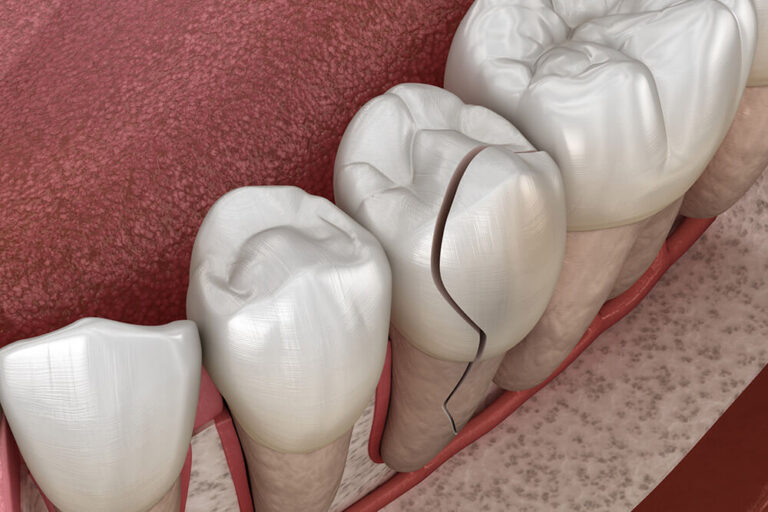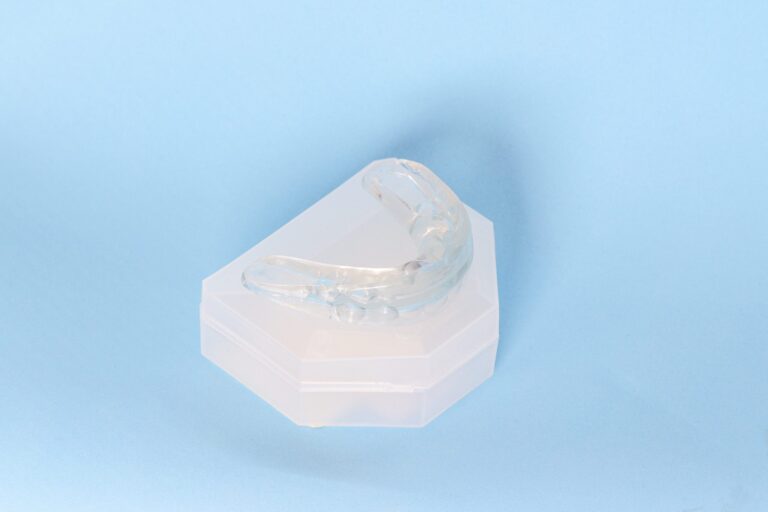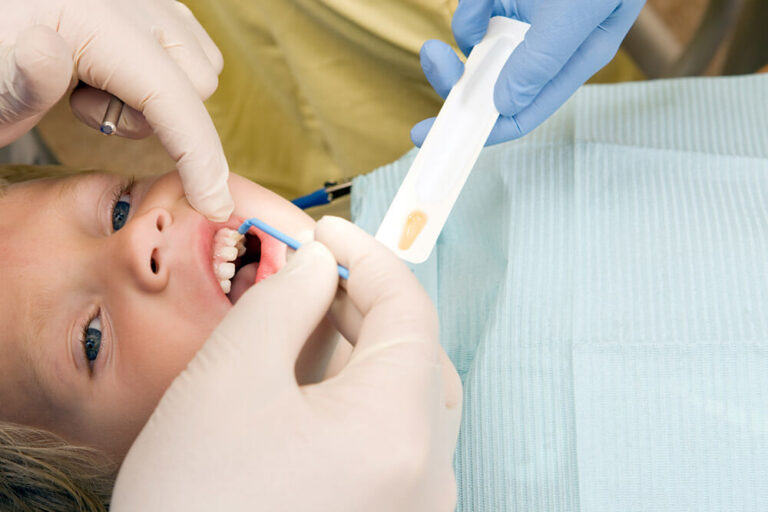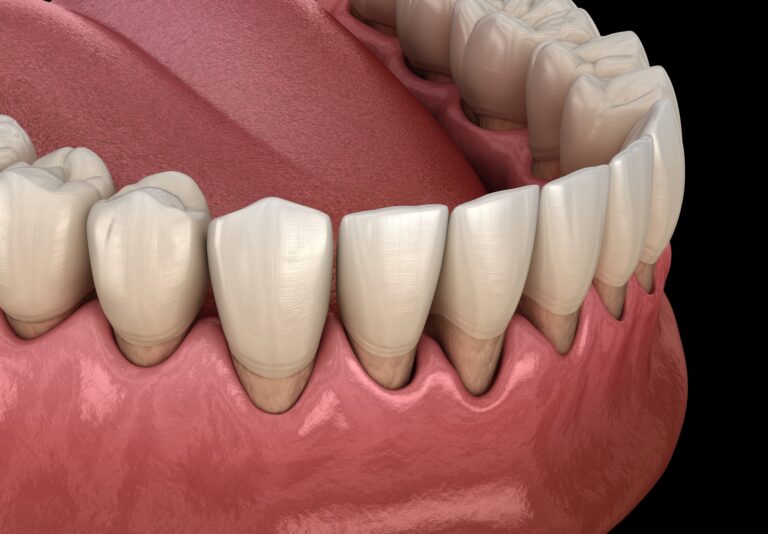How to Know If Your Tooth’s Enamel Is Damaged
Tooth enamel damage can lead to tooth loss if you’re not careful. Learn the warning signs that you’re experiencing enamel loss and call today.

Tooth enamel damage can lead to tooth loss if you’re not careful. Learn the warning signs that you’re experiencing enamel loss and call today.

Custom mouthguards can prevent injuries, reduce snoring, help sleep apnea and prevent teeth grinding. Learn more about the options available.

It’s best to start practicing good oral hygiene at a young age. Help your children be successful by learning the best practices for kids’ healthy teeth.

Fluoride is very important to your overall dental hygiene. If you’re not sure, read about why it’s necessary in dental care and speak to your dentist.

It’s recommended that patients receive a dental checkup every six months. Learn about what to expect at a checkup and schedule yours today.

Gingivitis can lead to serious oral health complications, such as tooth loss. Learn how to prevent gingivitis and keep your smile healthy.

As soon as your child gets their first tooth, dental care becomes very important. Learn how pediatric dental care benefits your child for their whole life.

Learn how severe tooth decay occurs so you can keep your smile healthy.

5609 S. 27th St.
Lincoln, Nebraska 68512
Monday - Thursday: 8:00 a.m. - 5:00 p.m.
Friday: 8:00 a.m. - 3:00 p.m.
Saturday and Sunday: Closed